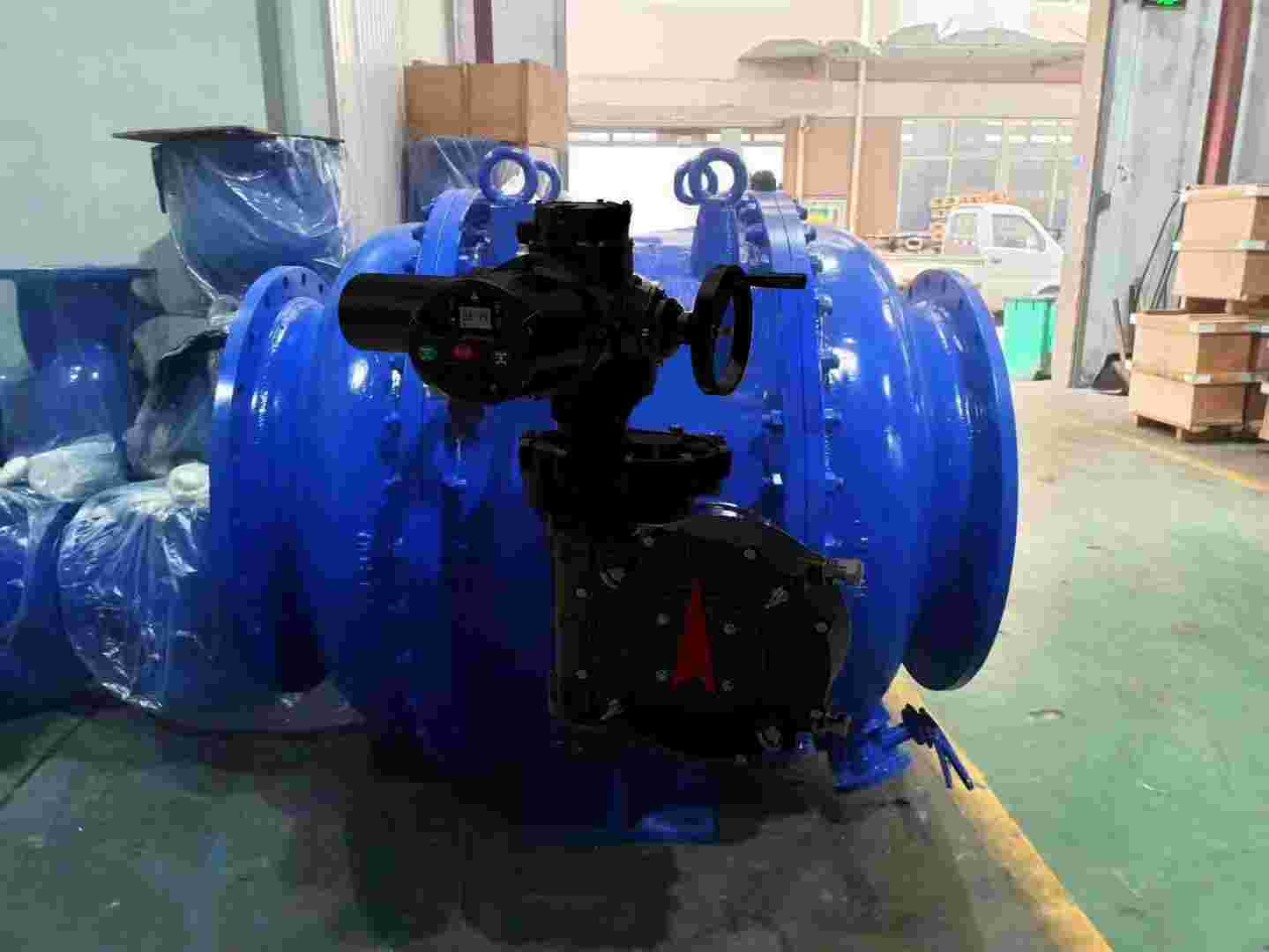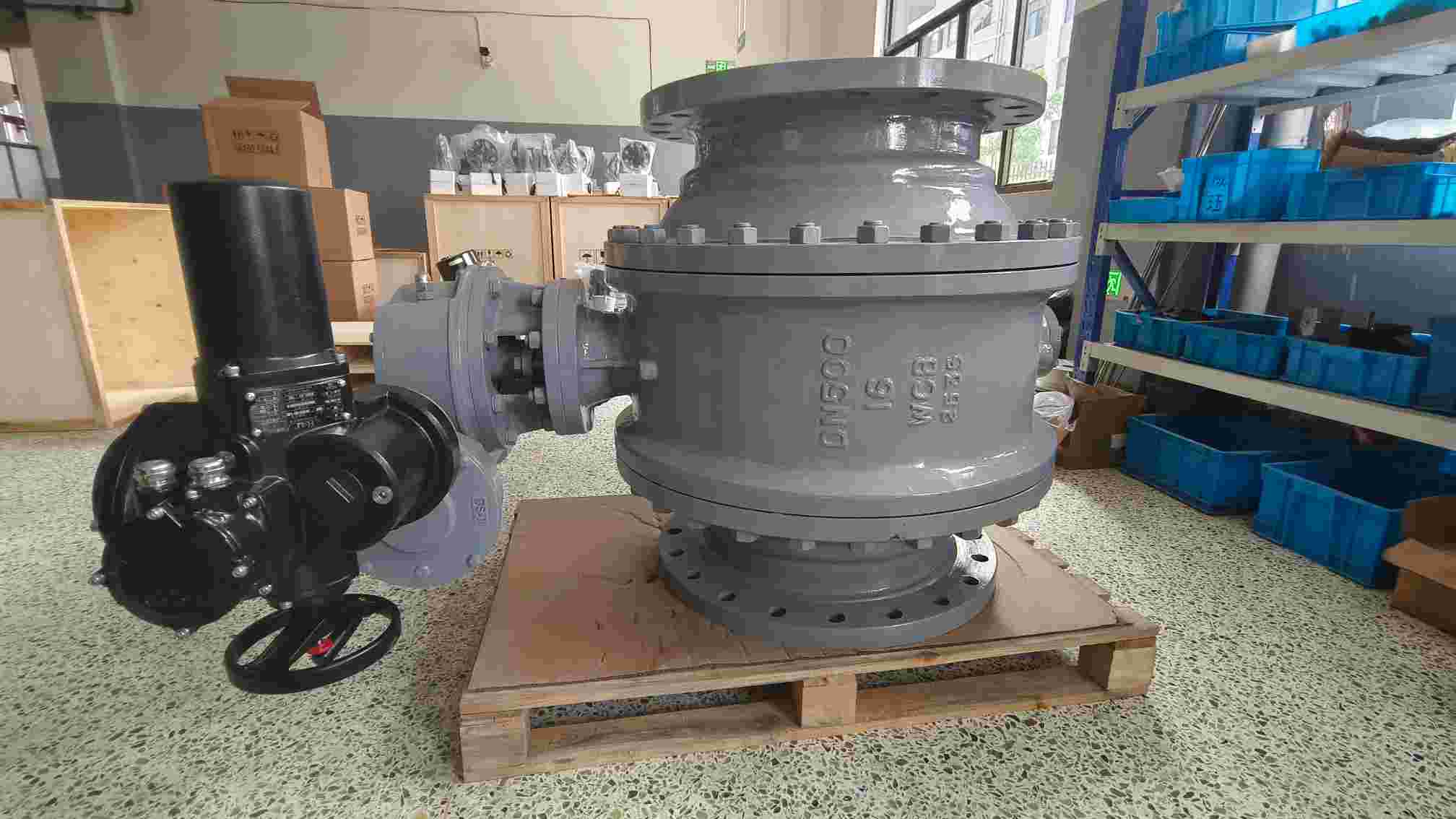
The world is rapidly transitioning to cleaner energy sources, and one of the most promising candidates to lead this revolution is hydrogen energy. As industries and governments push for sustainable alternatives, hydrogen stands out as a powerful contender to replace fossil fuels, especially in the realm of electric vehicles and large-scale energy storage. In the world of electric "warlords" — companies and individuals revolutionizing transportation and power — CNHELI has emerged as a prominent player shaping the future of hydrogen energy.

Hydrogen energy, in its essence, offers a clean and efficient solution to energy needs. Unlike traditional combustion-based fuels, hydrogen produces only water vapor as a byproduct when used in fuel cells, making it one of the most environmentally friendly energy carriers. In addition, hydrogen is abundant and can be produced from water, natural gas, or even organic materials, making it a highly versatile energy source. Its application is diverse, from powering vehicles to supporting industrial operations, and as a storage medium for renewable energy.
The integration of hydrogen fuel cells into transportation systems is one of the most exciting developments in the electric vehicle sector. Hydrogen-powered vehicles (HPVs) promise long driving ranges and fast refueling times, advantages that have traditionally made hydrogen more attractive than battery electric vehicles (BEVs) in certain applications, especially for heavy-duty transport. For long-distance haulage and public transportation, hydrogen fuel cell vehicles offer the potential to overcome the limitations of battery-powered electric vehicles, which may struggle with long-range capabilities and long charging times.
